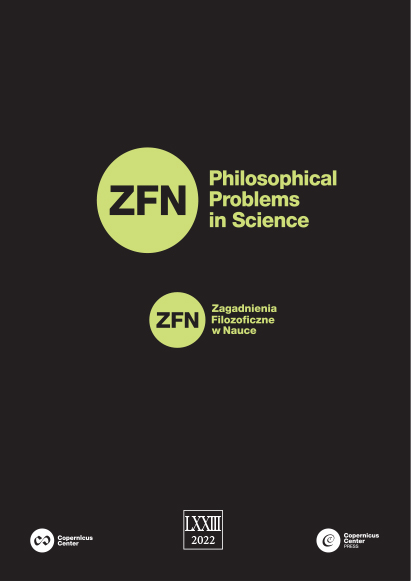Analysis of the implications of the Moral Machine project as an implementation of the concept of coherent extrapolated volition for building clustered trust in autonomous machines
Analysis of the implications of the Moral Machine project as an implementation of the concept of coherent extrapolated volition for building clustered trust in autonomous machines
Author(s): Krzysztof SołoduchaSubject(s): Philosophy, Ethics / Practical Philosophy, Special Branches of Philosophy
Published by: Copernicus Center Press
Keywords: ethics of artificial intelligence; ethics of autonomous machines; trust in artificial intelligence; moral machine project; coherent extrapolated volition
Summary/Abstract: In this paper, we focus on the analysis of Eliezer Yudkowsky’s concept of “coherent extrapolated volition” (CEV) as a response to the need for a post-conventional, persuasive morality that meets the criteria of active trust in the sense of Anthony Giddens, which could be used in the case of autonomous machines. Based on the analysis of the results of the Moral Machine project, we formulate some guidelines for transformation of the idea of a coherent extrapolated volition into the concept of a coherent, extrapolated and clustered volition. The argumentation used in the paper is intended to show that the idea of CEV transformed into its clustered version can be used to build a technically and socially efficient decision-making pattern database for autonomous machines.
Journal: Zagadnienia Filozoficzne w Nauce
- Issue Year: 2022
- Issue No: 73
- Page Range: 231-255
- Page Count: 25
- Language: English

